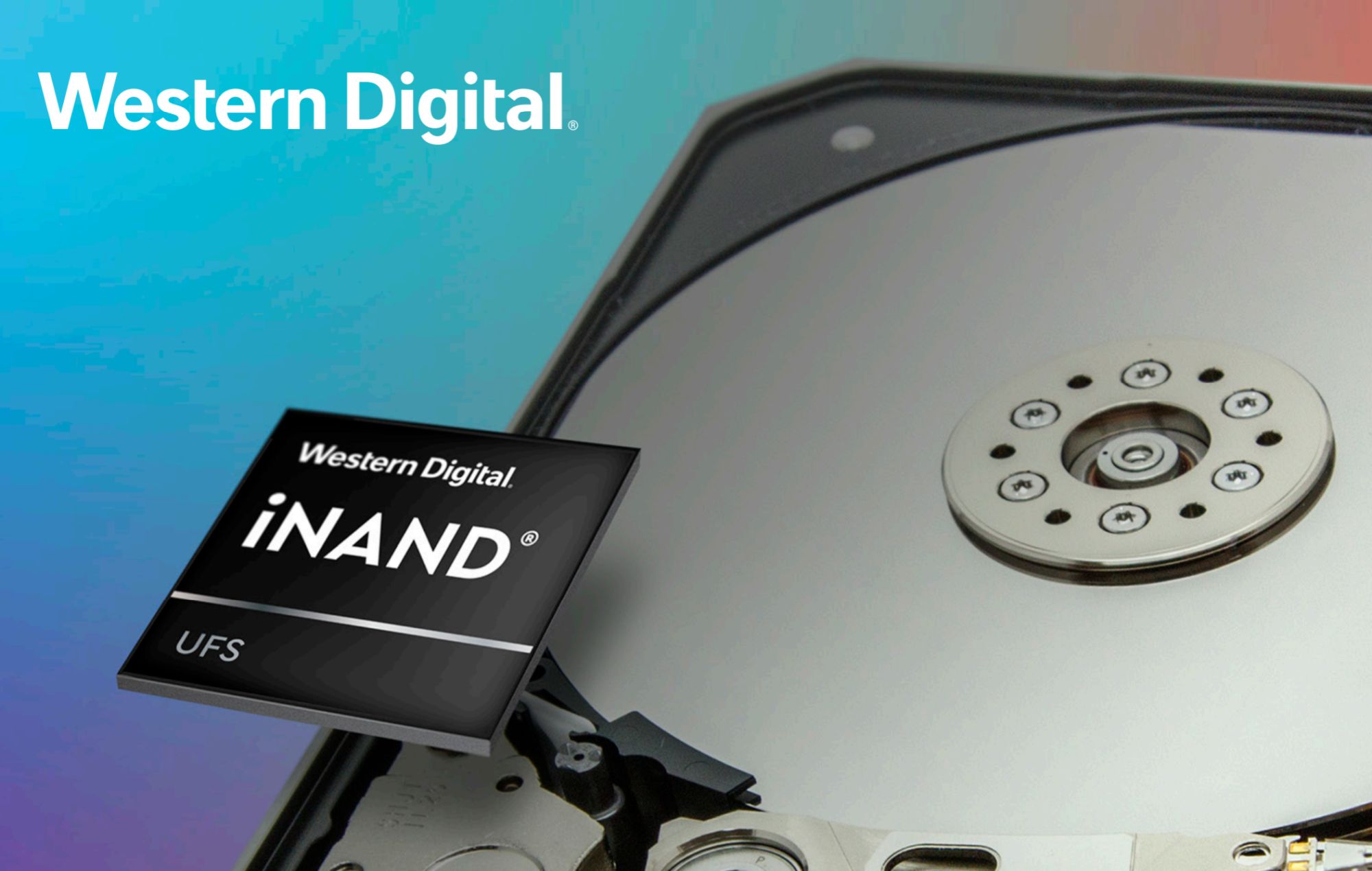In total, both Kioxia and WD reported a loss of up to 6.5 exabytes of flash memory. To put that number in another way, that’s approximately 6.5 million terabytes. For Kioxia, the Japanese memory maker reported its affected flash memory was due to a component containing impurities, which was found during the production of BiCS 3D NAND flash memory. Thus, leading to a halt in production. Because the production is part of a joint venture between Kioxia and WD, the latter also confirmed the halt in production but fingered its Yokkaichi and Kitakami plants. Needless to say, both the contamination and the following halt in production will undoubtedly have an impact on the market, and that, in turn, will lead to a rise in SSD prices. Further, neither Kioxia nor WD are saying if some contaminated NAND memory modules have made their way to their product partners. In which case, recalls could be imminent. (Source: Tom’s Hardware, PCGamer, WD, Kioxia)
